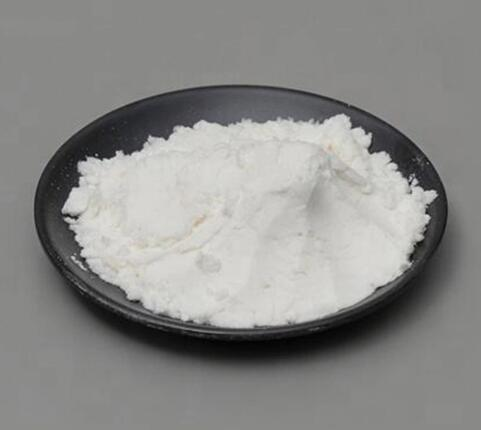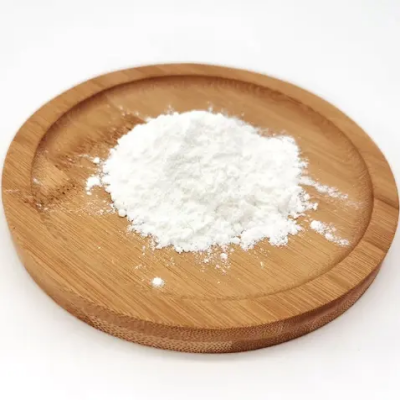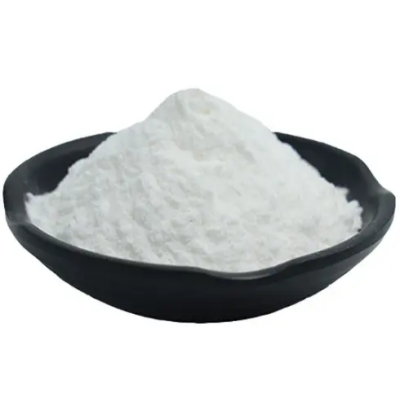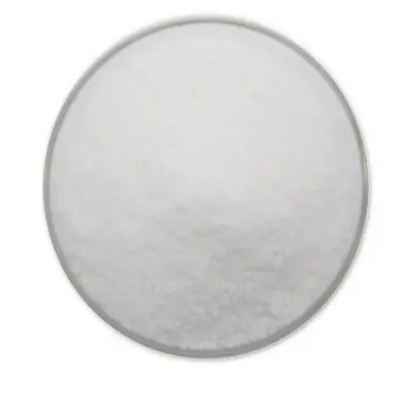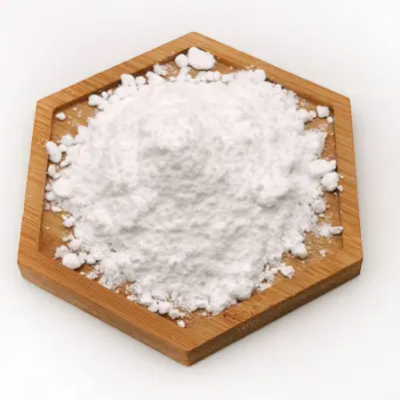Acetylthiocholine iodide CAS:1866-15-5
Acetylthiocholine iodide is primarily used as a substrate to measure the activity of the enzyme acetylcholinesterase (AChE). AChE is responsible for breaking down the neurotransmitter acetylcholine in the nervous system. The addition of acetylthiocholine iodide to a reaction mixture containing AChE leads to the production of thiocholine and acetate.
The reaction can be detected by adding a colorimetric or fluorometric indicator that reacts specifically with thiocholine. The rate of color or fluorescence production is directly proportional to the activity of AChE in the sample. This makes acetylthiocholine iodide a valuable tool for measuring AChE activity in various biological samples, including tissues, cell cultures, and blood.
The measurement of AChE activity using acetylthiocholine iodide is widely applied in research studies related to cholinergic systems, neurodegenerative disorders, and exposure to certain chemicals or drugs that may affect AChE activity. It can also be used as a screening tool for detecting AChE inhibitors, which are of interest in drug development for diseases such as Alzheimer's and Parkinson's.
In addition to being used in enzymatic assays, acetylthiocholine iodide can also be used as a substrate for AChE-based biosensors. These biosensors are designed to detect and quantify the presence of certain substances that can inhibit AChE activity, such as organophosphate pesticides or nerve agents.
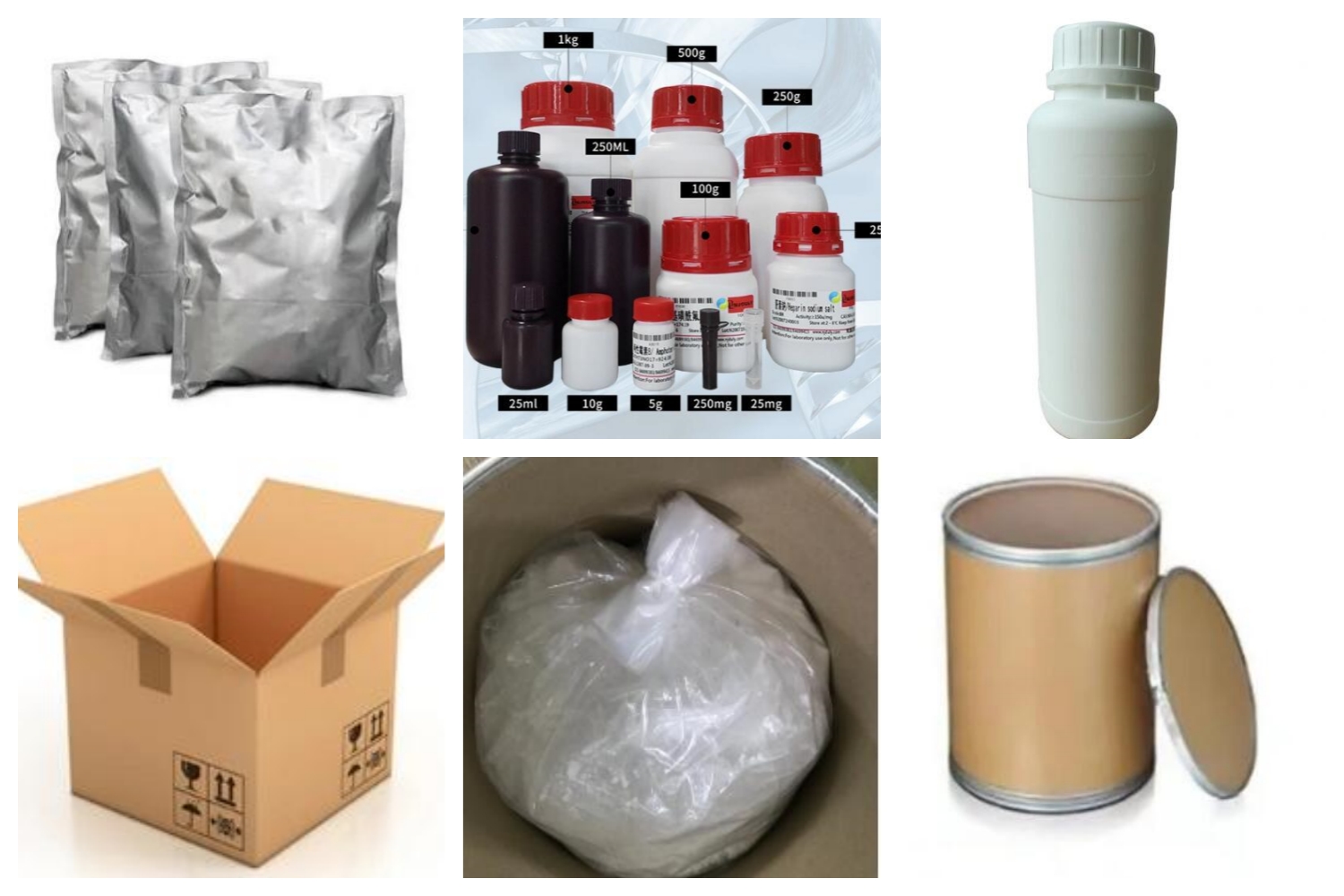
| Composition | C7H16INOS |
| Assay | 99% |
| Appearance | White powder |
| CAS No. | 1866-15-5 |
| Packing | Small and bulk |
| Shelf Life | 2 years |
| Storage | Store in cool and dry area |
| Certification | ISO. |


